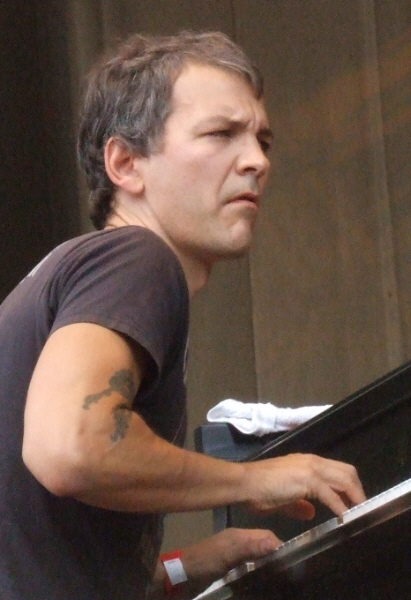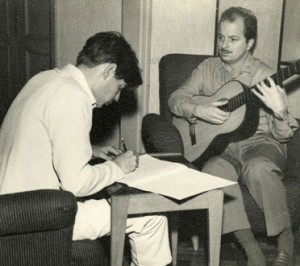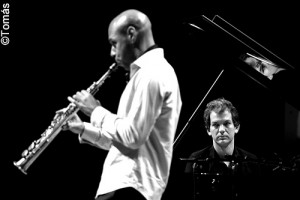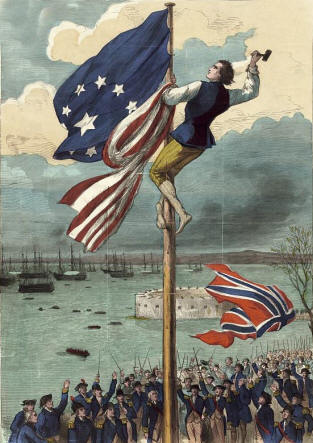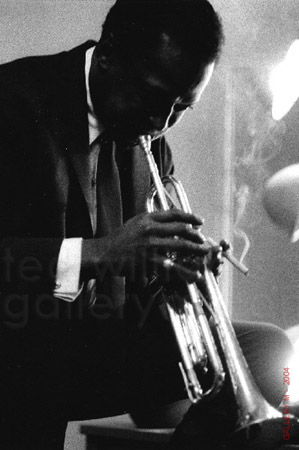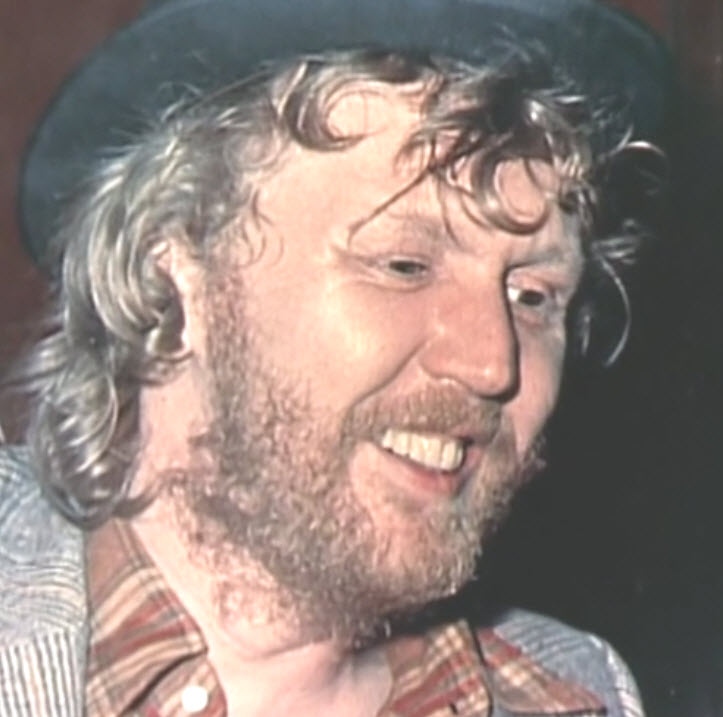Brad Mehldau – ‘The Falcon Will Fly Again’ (2nd part)
Luis Bonfa – ‘Manha de Carnaval’ (2nd part)
I’ve long intended to write about ‘The Falcon Will Fly Again’, a favorite track from a favorite album, “Highway Rider” by Brad Mehldau (2009). But I’ve been stumped, as a while back I wrote pretty much all I have to say about Brad in SoTW 094 about his ‘Martha, My Dear’ from “Live in Marciac”. But then I tripped over something very old, which became a very new and fresh and pleasing surprise.
Mehldau plays in numerous settings, and plays markedly differently in each. In the past twenty years he’s recorded well over 30 official releases, including with his trio and solo outings; trio + guitarist Pat Metheney; in a quartet with three jazz monoliths (he was 41, the average age of Konitz/Haden/Motian was 80); a duo with a saxophonist; two accompanying a classical soprano in ‘modern art songs’; a prog-rock piano/drums duo; a fine contemporary classical project (“Modern Music” with Patrick Zimmerli); a Bach project (originals and interpretations); duets with Chris Thile and with Charlie Haden; an intriguing ‘lockdown’ recording, “2020”; and several ‘combo’ efforts, including our “Highway Rider”.
The latter employs a full orchestra and features Joshua Redman on soprano and tenor sax. Mehldau composed, arranged and orchestrated the double CD. Most of the music is in a floating variety of combo settings. Mehldau is constantly probing, reaching out into new sound realms, but never seeking to impress or straining to create new sounds. It’s always about the music itself.
What does he do in ‘The Falcon Will Fly Again’? In both sections the instrumental setting is rhythm piano playing a clear, repetitive riff in some extraterrestrial time signature; soprano playing the wiry, conceptual lead, music for geeks; a supportive bass; and an intriguing rat-a-tat drum, a vaguely Brazilian stream of rim shots—one single tone, lifting the entire ensemble forward effortlessly, gracefully. Brazilian.
 But then at 5:42 the piece switches into a different section–again the rhythmic pattern is in π/4. But the melody is the sweetest thing north of Roraima. The same sweet soprano, the same superhumanly complex, lilting drum. Joining in to sing the lead line is a man (Mehldau?) and a charming, grainy children’s chorus.
But then at 5:42 the piece switches into a different section–again the rhythmic pattern is in π/4. But the melody is the sweetest thing north of Roraima. The same sweet soprano, the same superhumanly complex, lilting drum. Joining in to sing the lead line is a man (Mehldau?) and a charming, grainy children’s chorus.
Why am I struggling so to describe this? Because there’s nothing else like it (I thought). It’s just sweet and captivating in and of itself. It’s ‘just’ beautiful.
And then yesterday I was wandering through my library and took off the shelf “Orfeu Negro”, blew off the dust and put it on the figurative turntable.
In 1959, French director Marcel Camus filmed “Orfeu Negro” in a Rio de Janeiro slum during Carnival, a reworking of the Orpheus myth (the archetypical inspired singer who charmed his wife Eurydice out of the clutches of the netherworld) as based on a play by Vinícius de Moraes, who was also a musician in the then-emerging bossa nova scene in Brazil. The film opens with ‘A Felicidade’, a song by a young Brazilian musican (Antonio Carlos Jobim) in a new style, ‘bossa nova’ – a synthesis of ‘samba’, the traditional dance music of the Rio slums, and ‘jazz’. ‘Bossa’ was popular among students and quickly ignited a stylistic fire that is still burning brightly today.
“Orfeu Negru” also includes two iconic bossa nova songs written by Luis Bonfa, ‘Manha de Carnaval’ and ‘Samba de Orfeu’. Both, as well as Jobim’s ‘A Felicidade’, have been recorded thousands of times each.
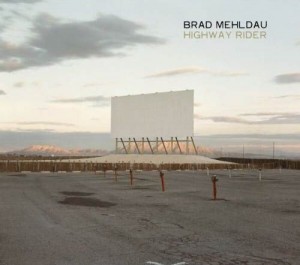 I walked through my understanding of this period, and the origins of this captivating style, in SoTW 075: João Gilberto, ‘Chega De Saudade’. As I said there, I knew the soundtrack and film of “Orfeu Negro” back in middle school in middle America. How? I guess I had restless tastes even as a kid.
I walked through my understanding of this period, and the origins of this captivating style, in SoTW 075: João Gilberto, ‘Chega De Saudade’. As I said there, I knew the soundtrack and film of “Orfeu Negro” back in middle school in middle America. How? I guess I had restless tastes even as a kid.
The soundtrack is hardwired in my soul and brain and ears, so much so that it’s not an album I rehear often. But yesterday I did. And listen to this, the latter section of Bonfa’s ‘Manha de Carnaval.’
Now listen to this, the latter section of Mehldau’s ‘The Falcon Will Fly Again’.
What to make of this? Damned if I know. Brad listened to Luis, apparently was paying homage to the soundtrack. No one would ever accuse Brad Mehldau of being derivative. He’s so damn original that you want to kiss him when he actually offers you a point of reference.
So, yeah, I’ll give him a sloppy, juicy kiss for all the musical pleasure he’s given me, in heart and in mind, body and soul. And for Mssrs Bonfa, Jobim, Moraes, Gilberto et al – a big obrigado. And may that bossa continue to be nova for another half century and more.

